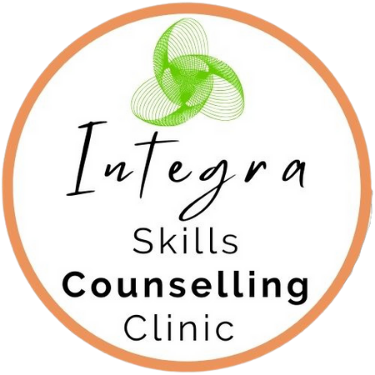Embarking on the road to mental well-being is a brave move, and finding the right therapist or clinic is like picking the perfect teammate for your journey. But with so many options out there, it’s easy to feel like you’re lost in a sea of choices.
Don’t worry, though! We’ve got you covered with ten simple tips to help you navigate this important decision and find the therapist or clinic that’s just right for you.

1. Know What You Want: Start by figuring out what you want to get out of therapy. Whether it’s managing stress, sorting out relationships, or dealing with specific issues, having clear goals will guide you in finding the right match. Also, it’s a good start to know what you really, really don’t want!
2. Be Ready to Share What Burdens You: Building rapport and trust with your therapist is a vital step toward feeling comfortable enough to share. A therapist should create a safe space for you to share your thoughts and feelings, creating an environment where you can grow and heal. Therapy works best when you’re open and honest. Finding someone you click with is key. If you’re not feeling the vibe with a therapist, it’s important to focus on your goals and to look elsewhere.
3. Mind Your Wallet: Therapy’s an investment, but it shouldn’t cause financial strain. Stick to your budget so you can keep up with sessions without stressing about the money. Some therapists offer “sliding scales” where you can apply for reduced fees to match your income level. Check out your insurance coverage to help make the sessions more affordable.
4. Ask Questions: Don’t be shy about asking potential therapists questions. Ask curious questions about their methods, experience, and what they specialize in. You can ask about their experience – lived or otherwise. The more you know, the better you can decide if they’re a good match for you.

5. It’s Your Journey: Push back – let the therapist know if something doesn’t land with you. State your preferences. This is a relationship that evolves over time, and it is empowering for you to co-design with the therapist what works or does not work for you. Therapists have many tools at their disposal and are always ready to use a different approach if something does not work for the client.
6. Check Their Background: Every therapist brings their own flavour to the table. Take a peek at their background and experience, and what they’re all about. You want someone with the right combination of skills and personal comfort level for you, so you feel confident to tackle your issues head-on.
7. Ask for Referrals: Ask friends, family, or even your doctor if they’ve got any recommendations. Hearing about other people’s experiences can be super helpful in making your decision.
8. Think Practical: Consider things like location and whether they offer virtual sessions. It’s all about having flexibility for you. Whether it’s meeting at an office or having a video session, find what works best for your schedule and preference.
9. The Office Side: Notice your first impressions…is the website easy to use? Does staff or therapist get back to you in a reasonable amount of time? Are the staff welcoming, friendly, and helpful? This is all part of your counselling experience, and you should feel ease in these interactions, not an increase in stress.
10. Trust Your Gut: Last, but not least, go with your instincts. If you feel that your therapist is a good “fit” for you, that’s a great sign. But if something feels off, don’t hesitate to keep looking. It’s all about finding a trusting and supportive counselling environment for you.
Remember, therapy isn’t a one-size-fits-all deal. It’s about finding someone who gets you and can help you on your journey to feeling better. So, take your time, explore your options, and trust that you’ll find the perfect match to support you along the way. You’ve got this – enjoy the journey!

